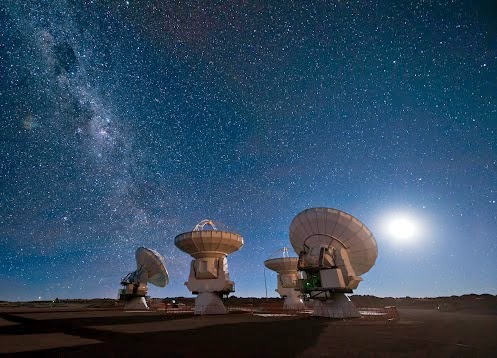Illinois has a complicated relationship with coal, and I have a complicated relationship with coal. (See "I was an anthracite miner . . . . " on Scarry Thoughts.)
Illinois has an even more complicated relationship with nuclear energy -- if such a thing is possible -- and I also have a complicated relationship with nuclear energy. (See "Chicago, IL: Zero Carbon AND Zero Nuclear!".)
 |
| Location of Illinois Basin |
I'll get into all the fascinating details of both of those coincidences in future posts, but the main points are these:
(1) Illinois sits atop one of the richest fields of coal in the world. Unfortunately, what we now know about the climate crisis and the need to move to a zero-carbon economy needs we need to leave it in the ground. (Sorry.) And this is true notwithstanding a barrage of industry re-branding about "Clean Coal!"
(2) Illinois also has the largest number of nuclear power plants. As Fukushima disaster has shown us, the risks associated with nuclear power simply can't be swept under the carpet. (Sorry.) And this is true notwithstanding a barrage of industry re-branding suggesting that nuclear is the solution to obtaining zero-carbon energy.
(Luckily, there is a long-standing alliance of activists, such as Nuclear Energy Information Service (NEIS), getting the truth about nuclear power plants in Illinois out there.)
(2) Illinois also has the largest number of nuclear power plants. As Fukushima disaster has shown us, the risks associated with nuclear power simply can't be swept under the carpet. (Sorry.) And this is true notwithstanding a barrage of industry re-branding suggesting that nuclear is the solution to obtaining zero-carbon energy.
(Luckily, there is a long-standing alliance of activists, such as Nuclear Energy Information Service (NEIS), getting the truth about nuclear power plants in Illinois out there.)
 |
| Fowler Ridge Wind Energy Facility, Benton County, Indiana |
It's not immediately obvious how Chicago and Illinois can move quickly to get electricity in a zero-carbon manner. But here are a few initial thoughts . . .
(1) There are good options. (Believe it or not, we actually have wind and sun here.)
(2) We'll have to be disciplined about not getting distracted by bad options. (Carbon sequestration? Uh, I don't think so. And don't even get me started about natural gas and fracking.)
(3) It's not just about us; it's about the grid we're part of.
(4) It's not just about average electricity output; peak output (driven in turn by hence peak demand) is key.
(5) Chicago can play a role by leading with innovative pricing and valuation mechanisms.
(6) Um . . . would it help if we turned out some of the lights?
More on all of this in future posts that will drill down on specific issues.(2) We'll have to be disciplined about not getting distracted by bad options. (Carbon sequestration? Uh, I don't think so. And don't even get me started about natural gas and fracking.)
(3) It's not just about us; it's about the grid we're part of.
(4) It's not just about average electricity output; peak output (driven in turn by hence peak demand) is key.
(5) Chicago can play a role by leading with innovative pricing and valuation mechanisms.
(6) Um . . . would it help if we turned out some of the lights?
 |
| Chicago skyline - Earth Hour 2013 |
Related posts
 Granddaddy Melker probably would have been proud to have mined any kind
of coal. But he was especially proud to have been an anthracite coal
miner.
Granddaddy Melker probably would have been proud to have mined any kind
of coal. But he was especially proud to have been an anthracite coal
miner.(See "I was an anthracite miner . . . . " on Scarry Thoughts.)
According to the Chicago-based Nuclear Energy Information Service, "Illinois is by far the most nuclear state in the United States . . . . Illinois was also home to the first commercial power reactor . . . one of the first commercial power reactors to close prematurely . . . . ComEd’s two large PWR reactors in Zion, IL also had to close prematurely . . . . We also have the first and only commercial storage facility for high level waste . . . Besides the 3 plants which closed prematurely, Illinois currently has eleven operating nukes – far more than any other state . . . etc. etc."
(See Chicago, IL: Zero Carbon AND Zero Nuclear! )




